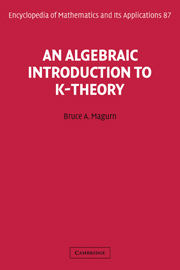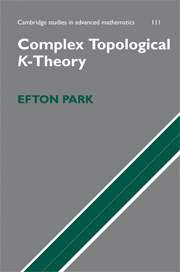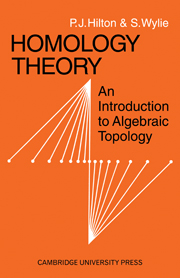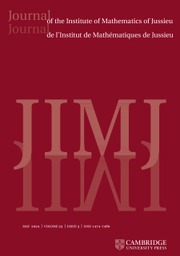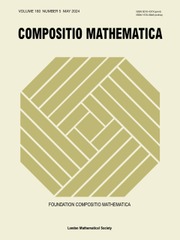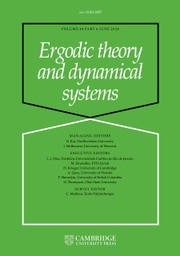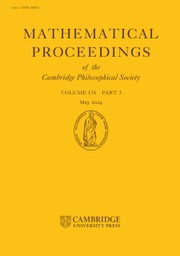An Algebraic Introduction to K-Theory
This is an introduction to algebraic K-theory with no prerequisite beyond a first semester of algebra (including Galois theory and modules over a principal ideal domain). The presentation is almost entirely self-contained, and is divided into short sections with exercises to reinforce the ideas and suggest further lines of inquiry. No experience with analysis, geometry, number theory or topology is assumed. Within the context of linear algebra, K-theory organises and clarifies the relations among ideal class groups, group representations, quadratic forms, dimensions of a ring, determinants, quadratic reciprocity and Brauer groups of fields. By including introductions to standard algebra topics (tensor products, localisation, Jacobson radical, chain conditions, Dedekind domains, semi-simple rings, exterior algebras), the author makes algebraic K-theory accessible to first-year graduate students and other mathematically sophisticated readers. Even if your algebra is rusty, you can read this book; the necessary background is here, with proofs.
- A self-contained exposition of the main theorems of classical algebraic K-theory
- Accessible to anyone with a good first semester introduction to algebra
- The methods are entirely algebraic, unlike other treatments which require some advanced knowledge of topology, geometry, or functional analysis
Reviews & endorsements
"This volume is a very useful graduate algebra text with an orientation towards algebraic K-theory....This volume will form an excellent basis for several types of one-and two-semester graduate algebra courses." Mathematical Reviews
Product details
February 2010Paperback
9780521106580
692 pages
234 × 156 × 37 mm
0.96kg
Available
Table of Contents
- 1. Groups of modules: Ko
- 2. Sources of Ko
- 3. Groups of matrices: K1
- 4. Relations among matrices: K2
- 5. Sources of K2.

